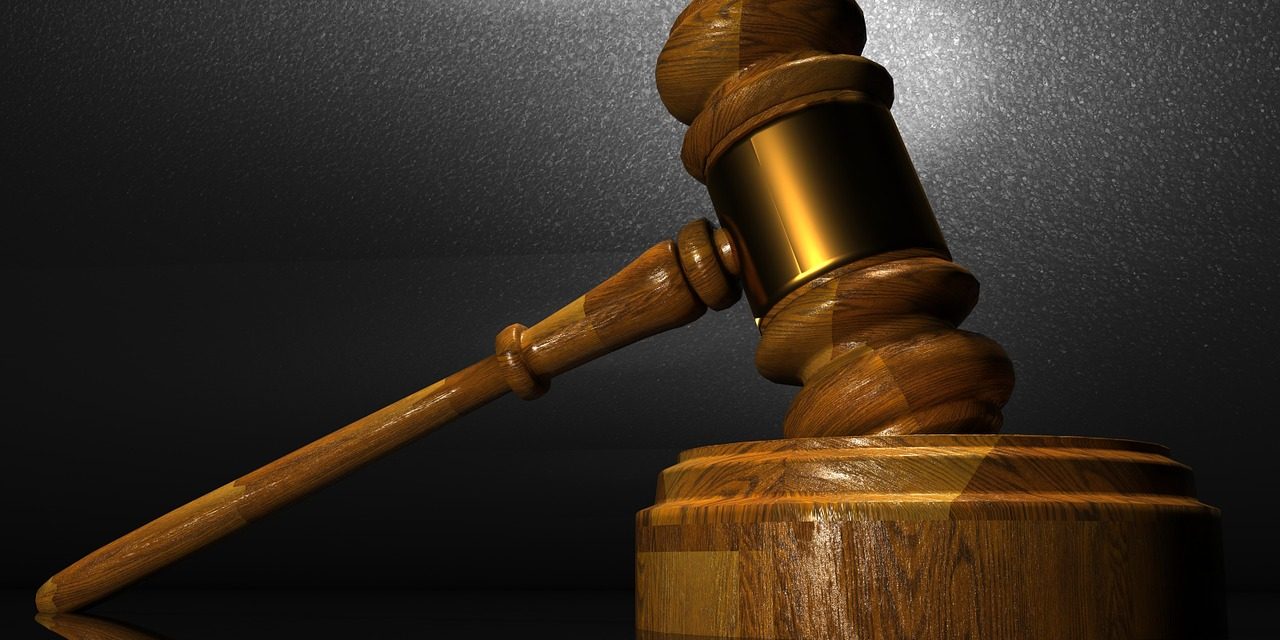Justice is important and no one is exempt. The very first verse in the Bible regarding the poor talks about two sides we can sway to in regards to the poor. Our compassionate and tender side would like to extend grace and mercy to the poor man when a lawsuit is brought against him. Yet our people pleasing side would like to side with the crowd. Which one is correct? Which is more like God? Neither of them. God expects justice.
Ex 23:2 “Do not follow the crowd in doing wrong. When you give testimony in a lawsuit, do not pervert justice by siding with the crowd, 3 and do not show favoritism to a poor person in a lawsuit.
6 “Do not deny justice to your poor people in their lawsuits
Lev 19:15 “‘Do not pervert justice; do not show partiality to the poor or favoritism to the great, but judge your neighbor fairly.
So the poor man is neither above justice or below it, like any fellow human being he is subject to it. If he is guilty then we must not show him favoritism no matter where our heart strings are tugging. If he is in the right, then neither we do not deny him/her justice. Decisions are not based on the money in their pockets or the crowds at their back, but by the righteousness or unrighteousness of their actions. This is the heart of God
So how did the missionary woman respond? The brother was handed the verdict that he was in the wrong and had to make amends to his brother-in-law. The brother-in-law smugly rejoiced over the brother. The crowd was disappointed but knew the woman had done the legally right thing. But the missionary woman didn’t stop there. She then issued another verdict. She told the brother that at an appointed time he was to beat his brother-in-law harshly in front of the village elders for what he had done to his sister, and if for any reason he showed any mercy to his brother-in-law, he himself would be most severely punished. The people were amazed at the woman’s wisdom.






